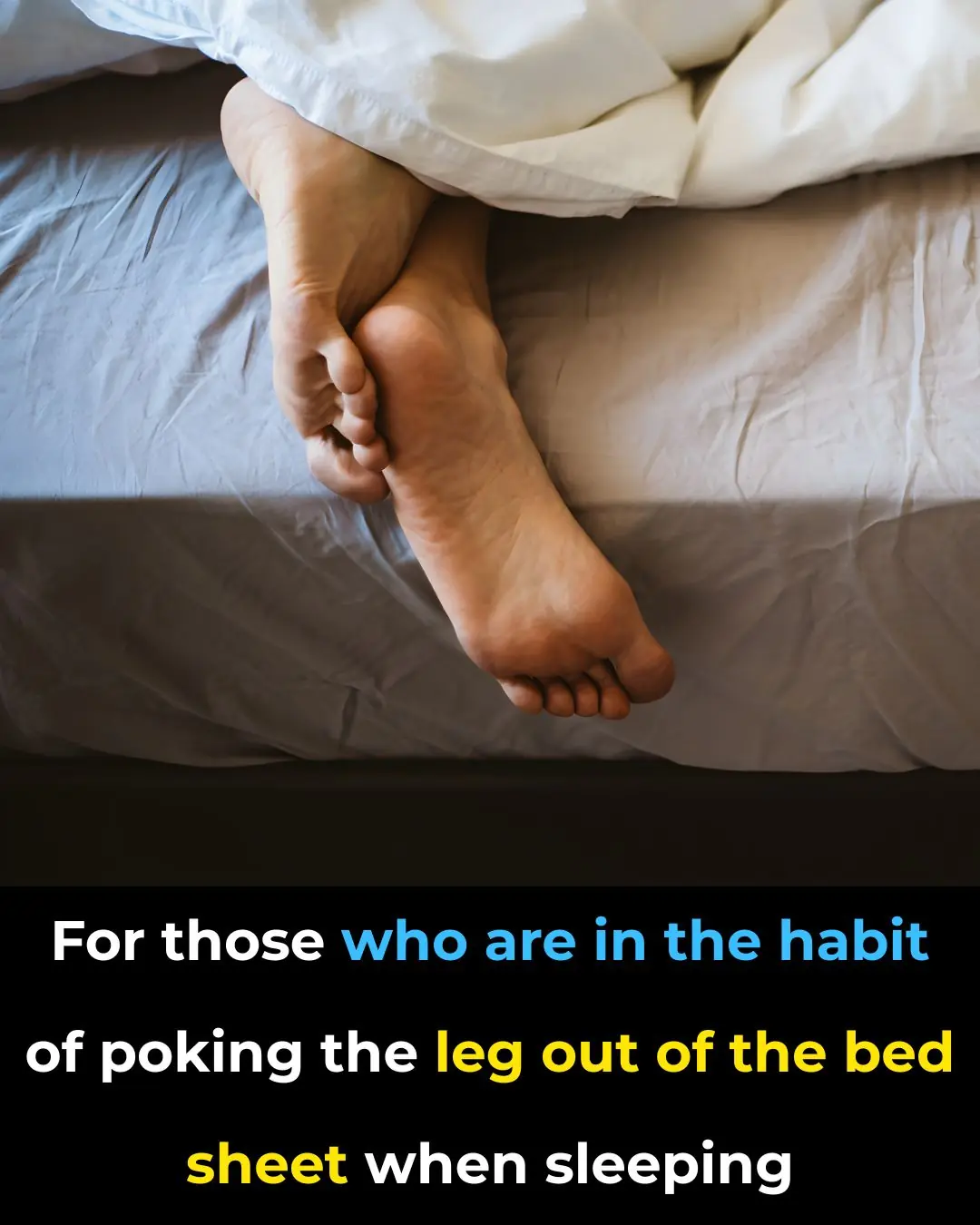
Side Effects and Dietary Recommendations Post Gallbladder Surgery
Life After Gallbladder Removal: What to Expect and How to Recover Smoothly
Undergoing gallbladder surgery, or cholecystectomy, is a common medical procedure performed to treat gallstones, inflammation, or other gallbladder-related issues. Although the gallbladder plays a role in digesting fats, it is not essential for survival. Still, its removal can lead to several adjustments within your digestive system. Understanding these changes — and knowing how to adapt your diet and lifestyle — can make recovery far easier and help you maintain long-term digestive health.
How Your Body Changes After Gallbladder Surgery
Once the gallbladder is removed, bile — the digestive fluid produced by the liver — no longer has a storage reservoir. Instead, it flows continuously and directly from the liver into the small intestine. While this process still enables digestion, it alters the timing and concentration of bile entering your digestive tract. These shifts can sometimes cause temporary side effects as your body adapts.
Common Post-Surgery Symptoms
-
Diarrhea: Around 1 in 5 patients experience diarrhea after surgery. The continuous trickle of bile into the intestines can speed up digestion and lead to looser stools.
-
Bloating and Gas: Because bile is less concentrated, the breakdown of fatty foods becomes less efficient, often leading to gas or bloating after meals.
-
Post-Cholecystectomy Syndrome (PCS): Some people experience ongoing symptoms such as upper abdominal pain, nausea, or indigestion due to irregular bile flow or retained bile duct stones.
-
Bile Acid Malabsorption: In some cases, excess bile entering the colon overwhelms the body’s ability to reabsorb it, resulting in chronic diarrhea or discomfort.
Appetite and Weight Changes
After surgery, it’s common to notice shifts in appetite or body weight as your digestive system adjusts to its new rhythm.
-
Food Intolerances: Fatty, fried, or greasy foods may trigger discomfort, nausea, or bloating. Many patients find they need to limit such foods temporarily — or even long term — to avoid digestive distress.
-
Weight Fluctuations: Some individuals lose weight initially due to reduced appetite or dietary restrictions, while others may gain weight over time as digestion stabilizes. The key is to listen to your body and maintain a balanced, nutrient-rich diet.
If persistent symptoms or significant weight changes occur, it’s best to consult your healthcare provider or a dietitian specializing in post-gallbladder recovery.
The Ideal Diet After Gallbladder Surgery
A well-structured post-cholecystectomy diet supports your digestive system as it learns to function without the gallbladder’s bile storage role. The following recommendations can minimize discomfort and promote healing:
1. Stay Hydrated
Hydration is crucial, especially if you’re experiencing diarrhea. Drink plenty of water, clear broths, or electrolyte-infused beverages to replenish lost fluids and maintain digestive balance.
2. Choose Low-Fat Foods
Stick to foods that are naturally low in fat. Opt for:
-
Lean proteins like chicken, fish, tofu, or turkey.
-
Whole grains such as oatmeal, brown rice, or quinoa.
-
Fruits and vegetables that are lightly cooked or steamed for easier digestion.
-
Low-fat dairy products to provide calcium without overloading your system with fat.
Avoid fried foods, butter-heavy sauces, and processed snacks that can overwhelm the bile’s reduced fat-dissolving capacity.
3. Add Fiber Gradually
Fiber supports digestion but can cause bloating if introduced too quickly. Start with small portions of oats, beans, lentils, or whole-grain bread, and gradually increase your intake over several weeks.
4. Avoid Digestive Irritants
Limit foods and drinks known to irritate the digestive tract, including:
-
Spicy dishes
-
Caffeinated beverages like coffee or energy drinks
-
Alcohol
-
Sugary desserts or carbonated drinks
Keeping a food journal can help you identify which foods trigger discomfort, so you can tailor your diet accordingly.
Recovery Tips for a Healthier Transition
Beyond diet, small lifestyle adjustments can improve comfort and speed up recovery:
-
Eat smaller, more frequent meals instead of large portions to prevent overloading your digestive system.
-
Chew food slowly and thoroughly to aid digestion and reduce bloating.
-
Stay active, but avoid strenuous exercise until your doctor clears you for it. Light walking helps stimulate digestion and circulation.
-
Get adequate rest — your body heals best when it’s well-rested and stress levels are low.
When to Call Your Doctor
Most side effects fade within a few weeks, but if you notice persistent pain, yellowing of the skin or eyes (jaundice), severe diarrhea, or fever, contact your doctor promptly. These may indicate a bile duct issue or infection requiring medical attention.
Final Thoughts
Recovering from gallbladder removal surgery is usually smooth, but it requires patience and mindful care. By making thoughtful food choices, staying hydrated, and paying attention to your body’s signals, you can support healthy digestion and return to your normal routine with confidence.
While life without a gallbladder might require some dietary adjustments, most people find they can live comfortably — and even more healthfully — once their system adapts. Over time, your liver and digestive tract will naturally adjust, allowing you to enjoy a wide variety of foods once again.
News in the same category

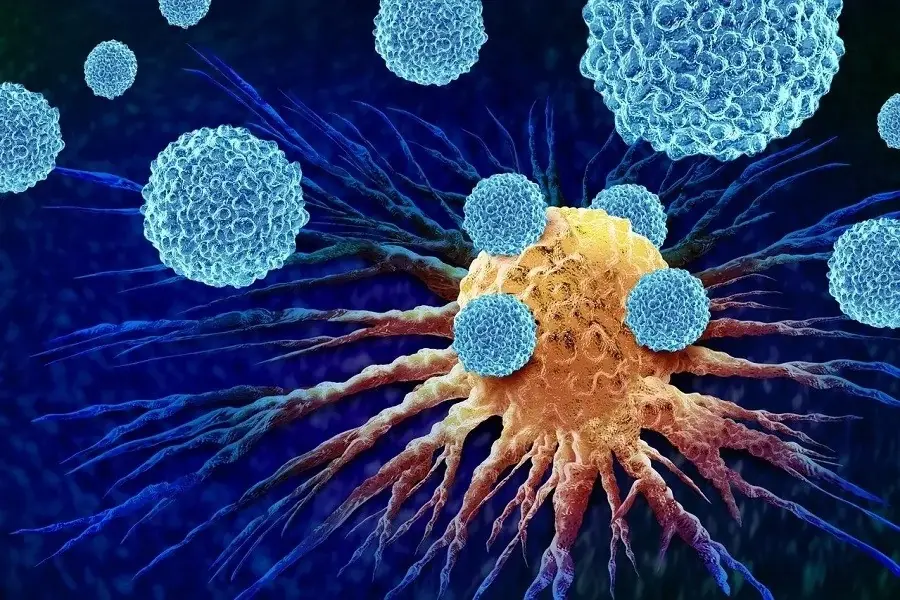
4 Unusual Signs in Your Neck That Could Be Symptoms of Cancer — Don’t Ignore Them
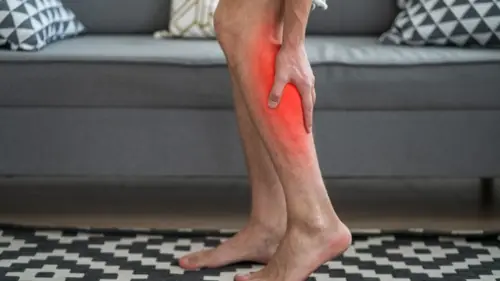
6 Warning Signs in Your Legs That Could Indicate a Serious Disease — Don’t Ignore Them

3 Nighttime Signs That May Indicate Cancer
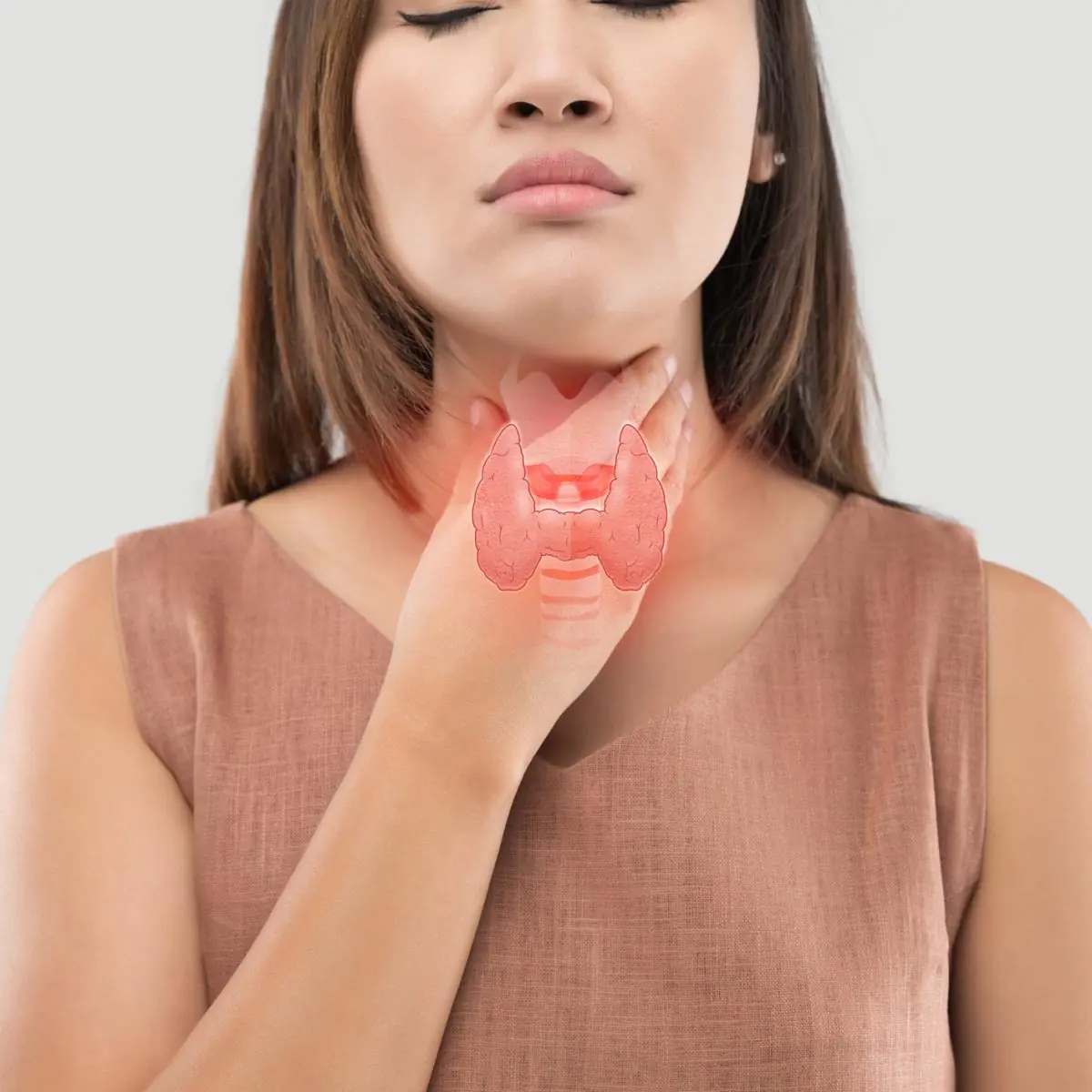
Heal Your Thyroid Naturally in Just 3 Days!

Be Very Careful: If You Notice This Growth on Your Skin, It Could Be Something Serious
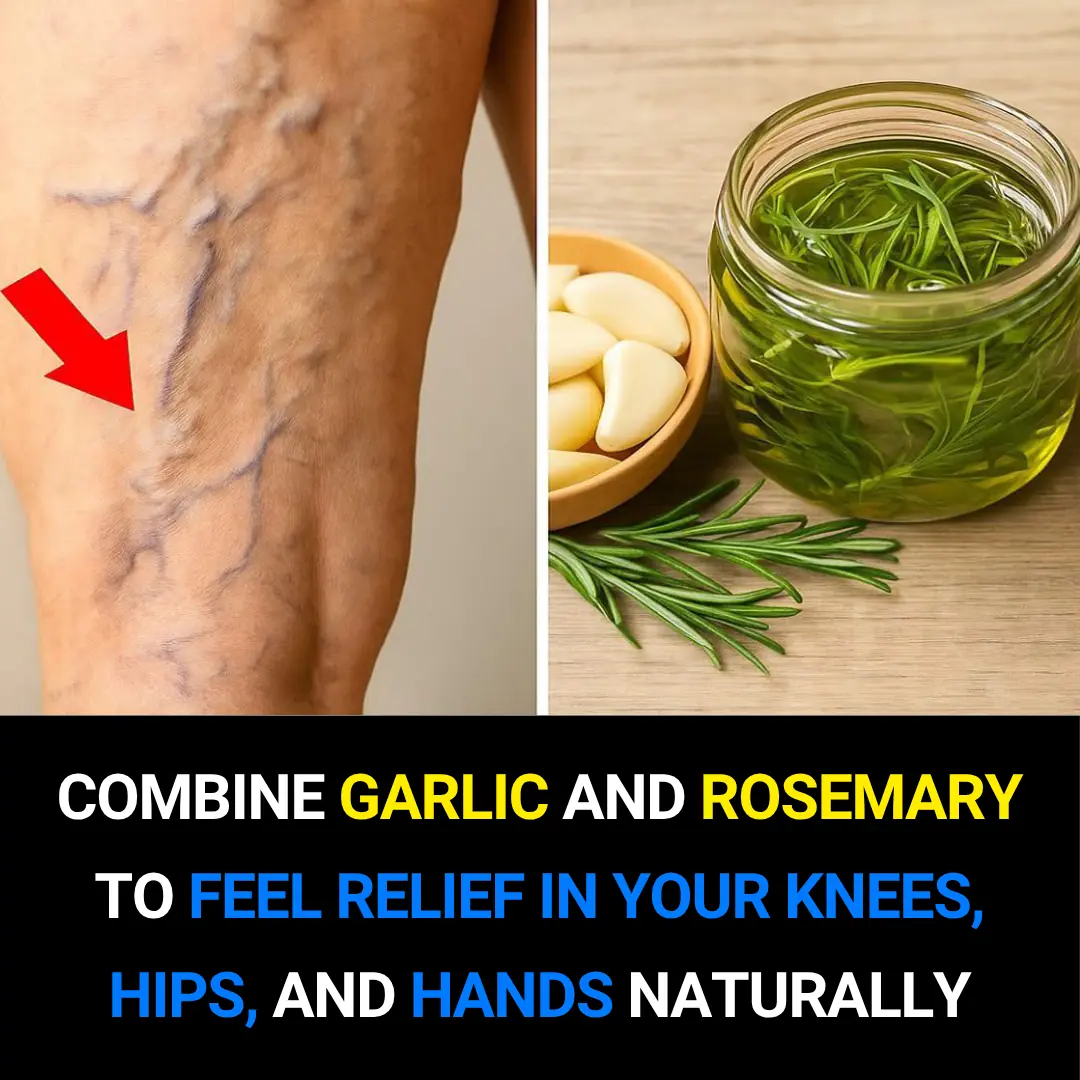
Garlic and Rosemary: A Natural Remedy for Joint Pain in Knees, Hips, and Hands
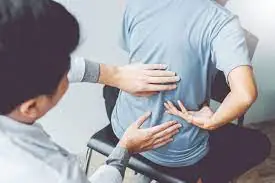
1 Powerful Mineral to Stop Sciatica & Relieve Nerve Pain
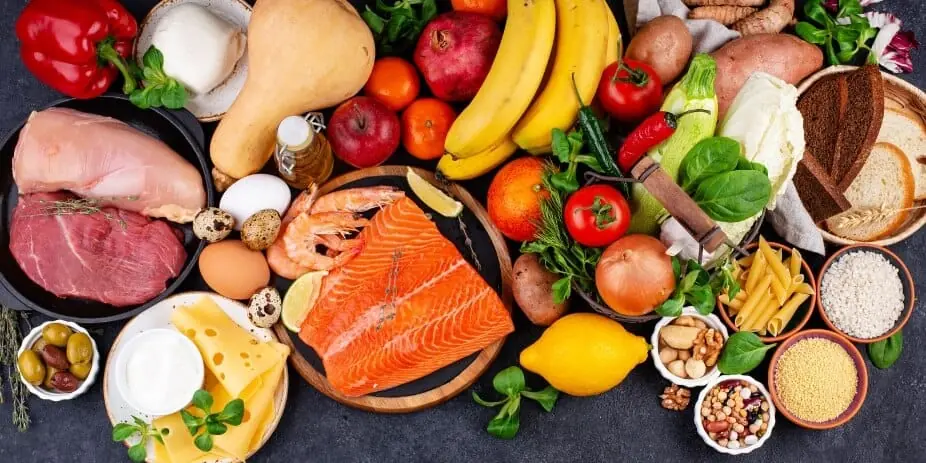
Top 10 Foods to Improve Circulation in Legs and Feet
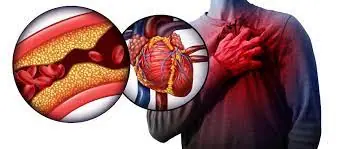
6 Warning Signs of a Clogged Artery Most People Ignore (Cardiologist Alert)
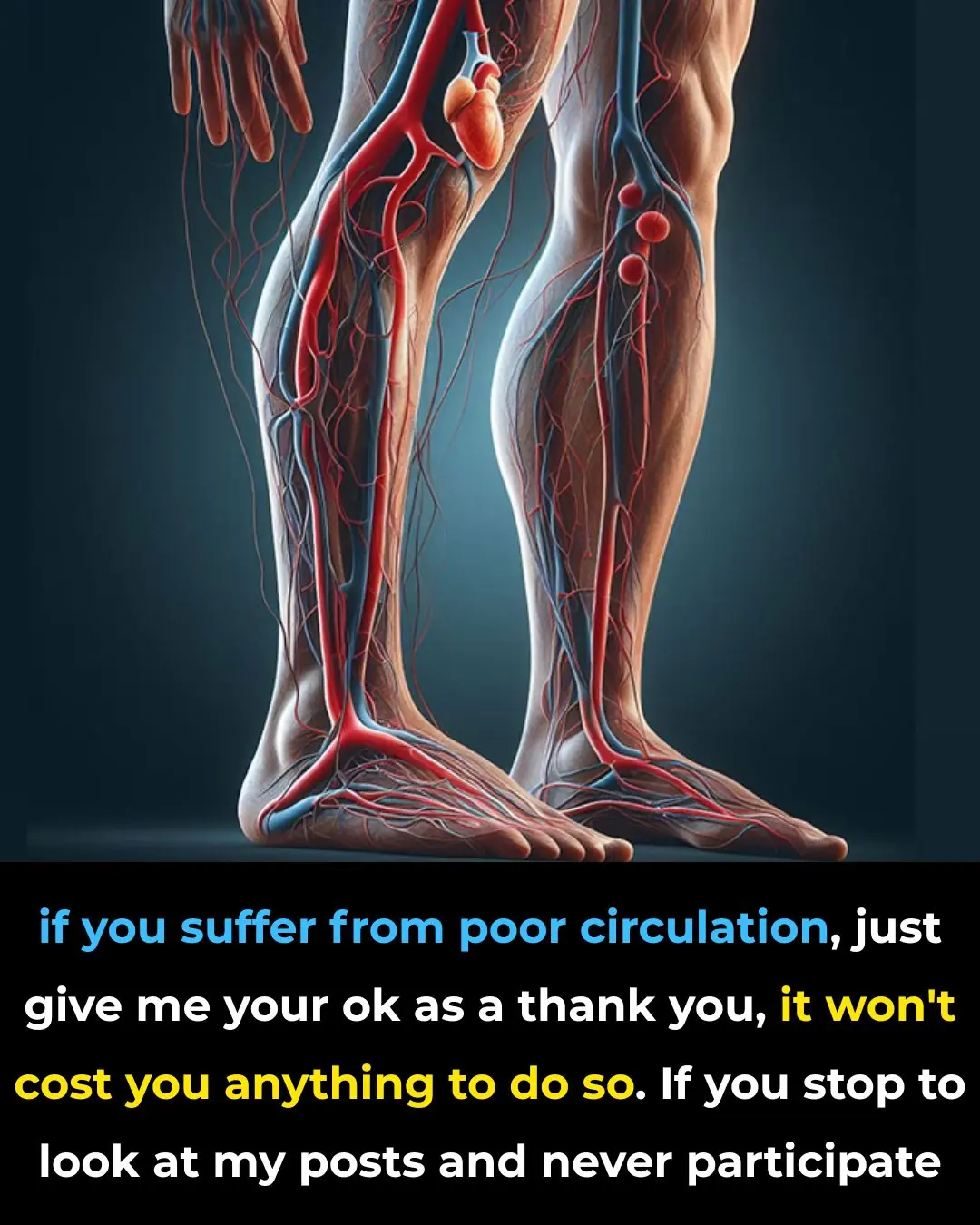
🦵 If You Suffer from Poor Circulation and Your Legs Feel Heavy, Swollen, or Cold — Here’s What Can Help

Should You Sleep With Socks On

Discover The Power of This Miracle Fruit
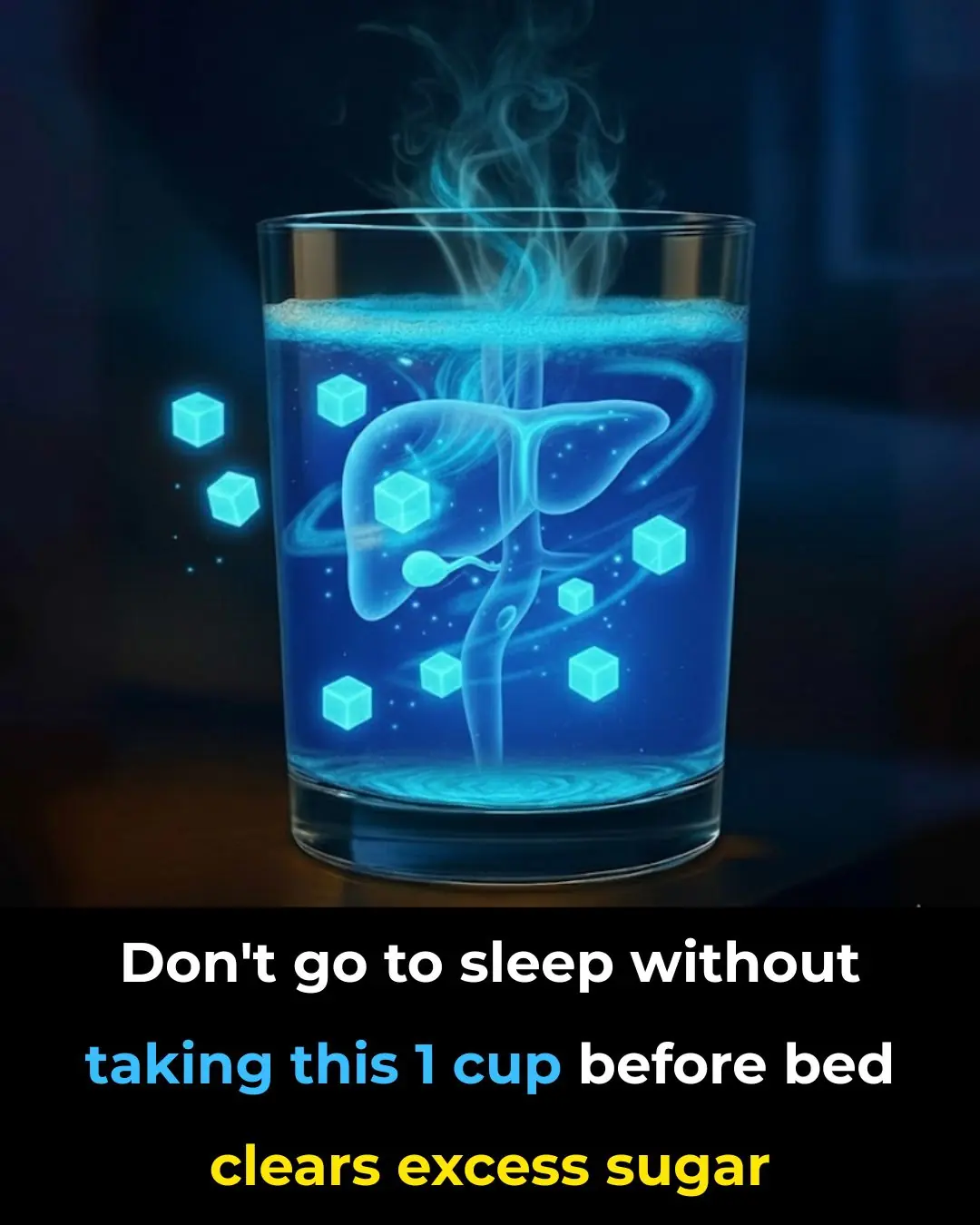
Don’t go to sleep without taking this — 1 cup before bed clears excess sugar

The Real Reason To Drink Lemon Water Revealed

If you have high blood pressure, NEVER do this in the morning
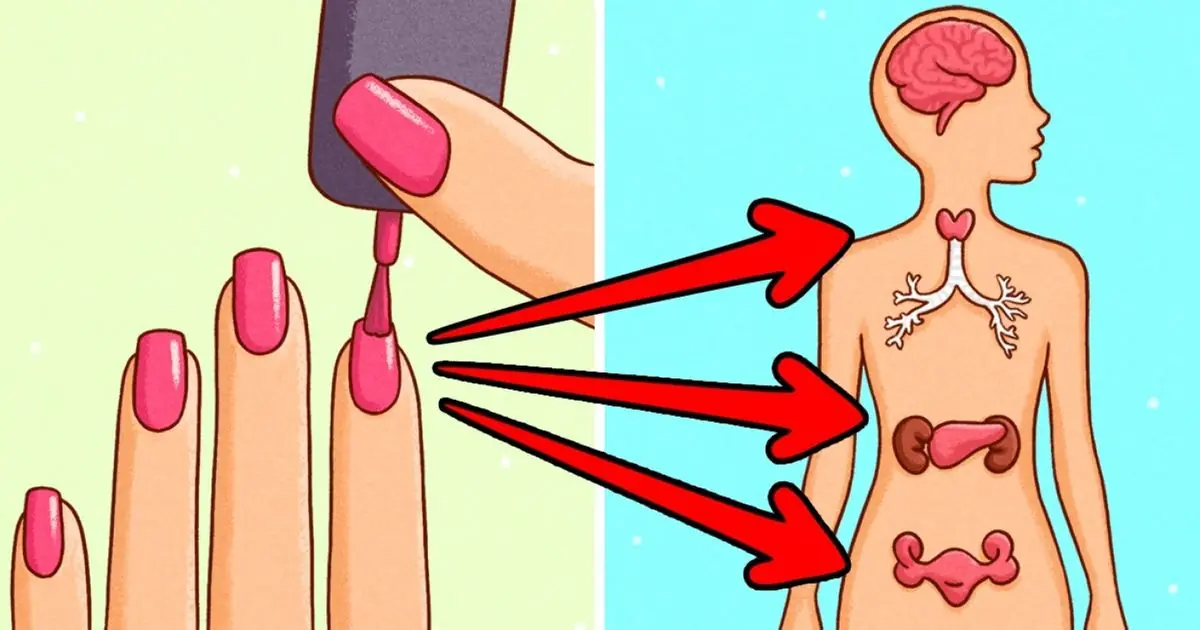
This Is What Happens to Your Body 10 Hours After Putting on Nail Polish
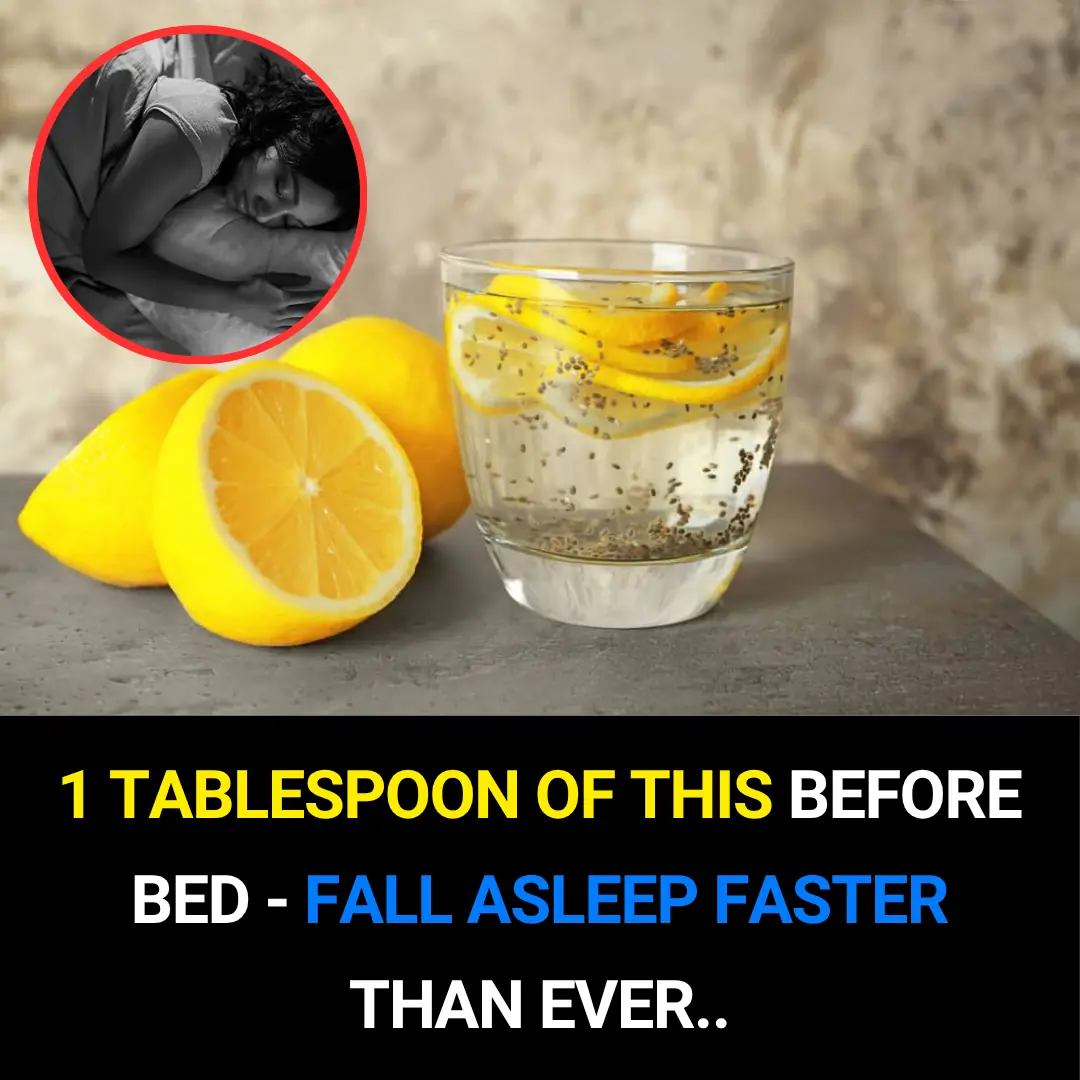
1 Tablespoon of This Before Bed—Fall Asleep Faster Than Ever!
News Post

DIY Natural Hair Dye: Turn Gray Hair Black Naturally at Home

Hidden Dangers on Your Plate: 4 “Clean” Foods That Can Secretly Harm Your Health

Fern Leaves Benefits and Uses: A Hidden Natural Remedy for Health and Home
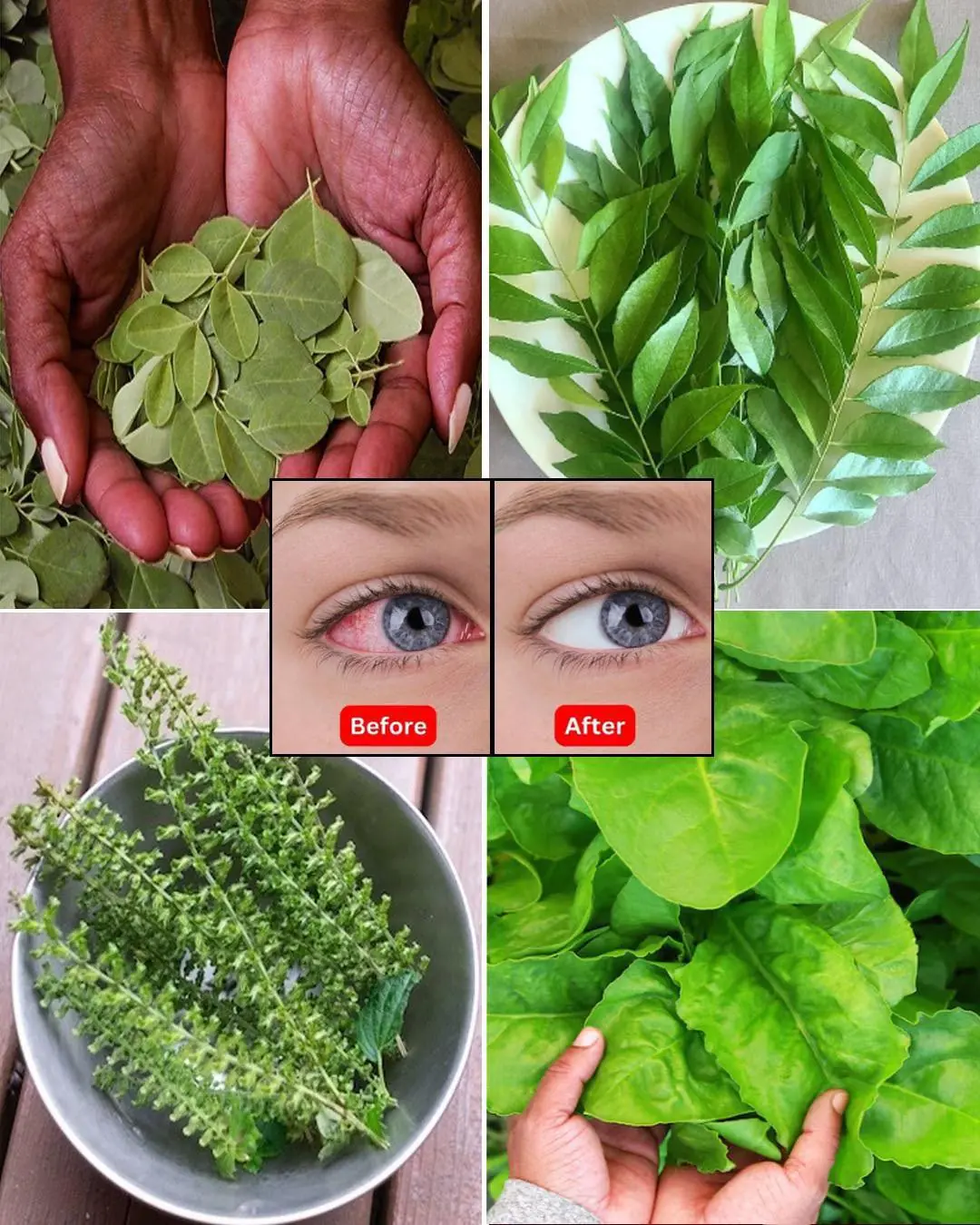
7 Essential Leaves to Naturally Improve Your Eye Health

Miracles happen when you put a handful of peppercorns under the bed, unfortunately I just found out now

4 Unusual Signs in Your Neck That Could Be Symptoms of Cancer — Don’t Ignore Them

The sink is clogged with hot water: Do this immediately to quickly unclog it and remove the bad smell.

6 Warning Signs in Your Legs That Could Indicate a Serious Disease — Don’t Ignore Them

How to grow sweet potatoes in soil bags using potato sprouts

How to make your own toilet deodorizer using ingredients available at home

3 Nighttime Signs That May Indicate Cancer

Yellow pillow stuffing with tiny spots that can't be washed off with soap: Soak it in this and it will be spotlessly clean.

Experienced tofu maker guides how to distinguish clean tofu and tofu containing gypsum

Heal Your Thyroid Naturally in Just 3 Days!
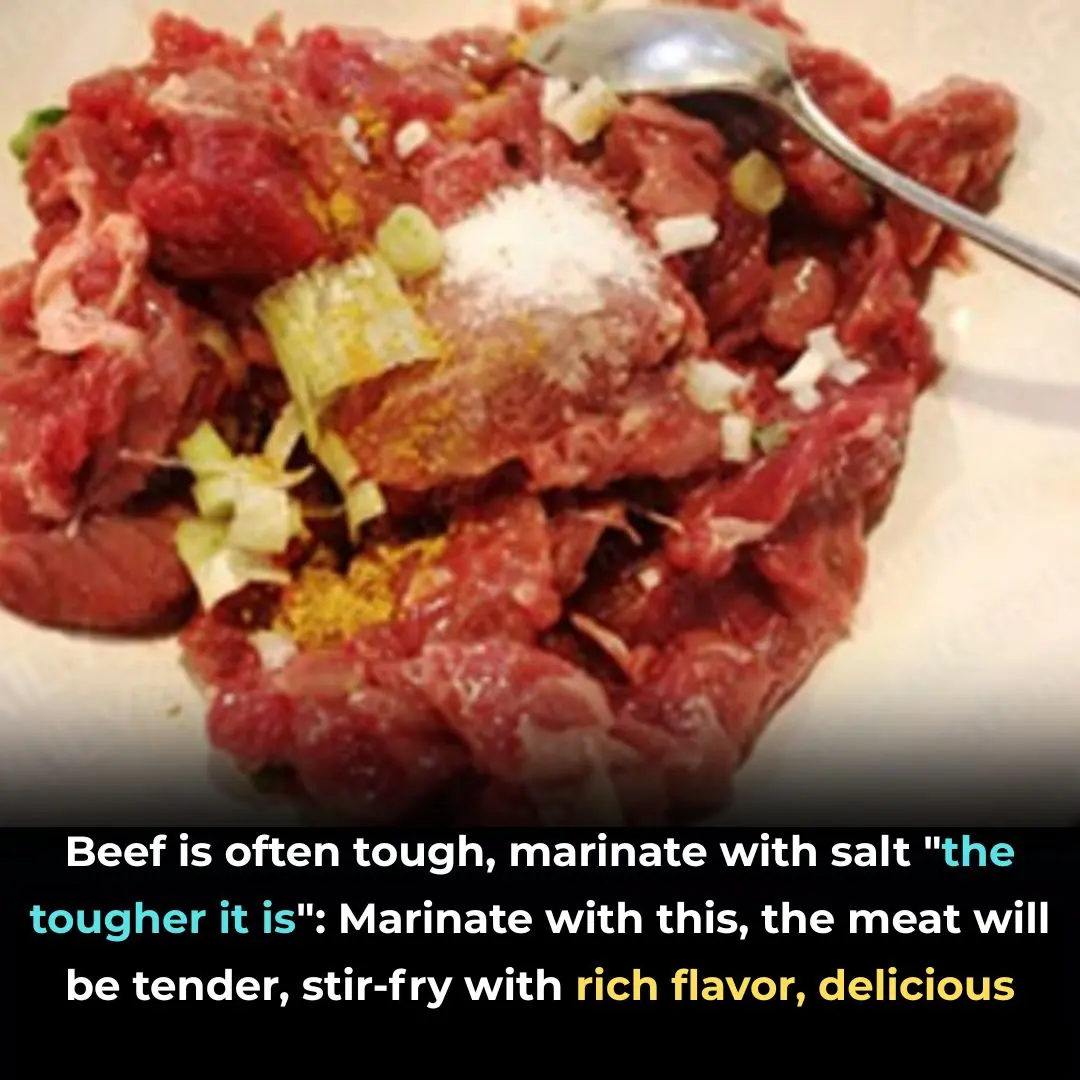
Beef is often tough, marinate with salt "the tougher it is": Marinate with this, the meat will be tender, stir-fry with rich flavor, delicious
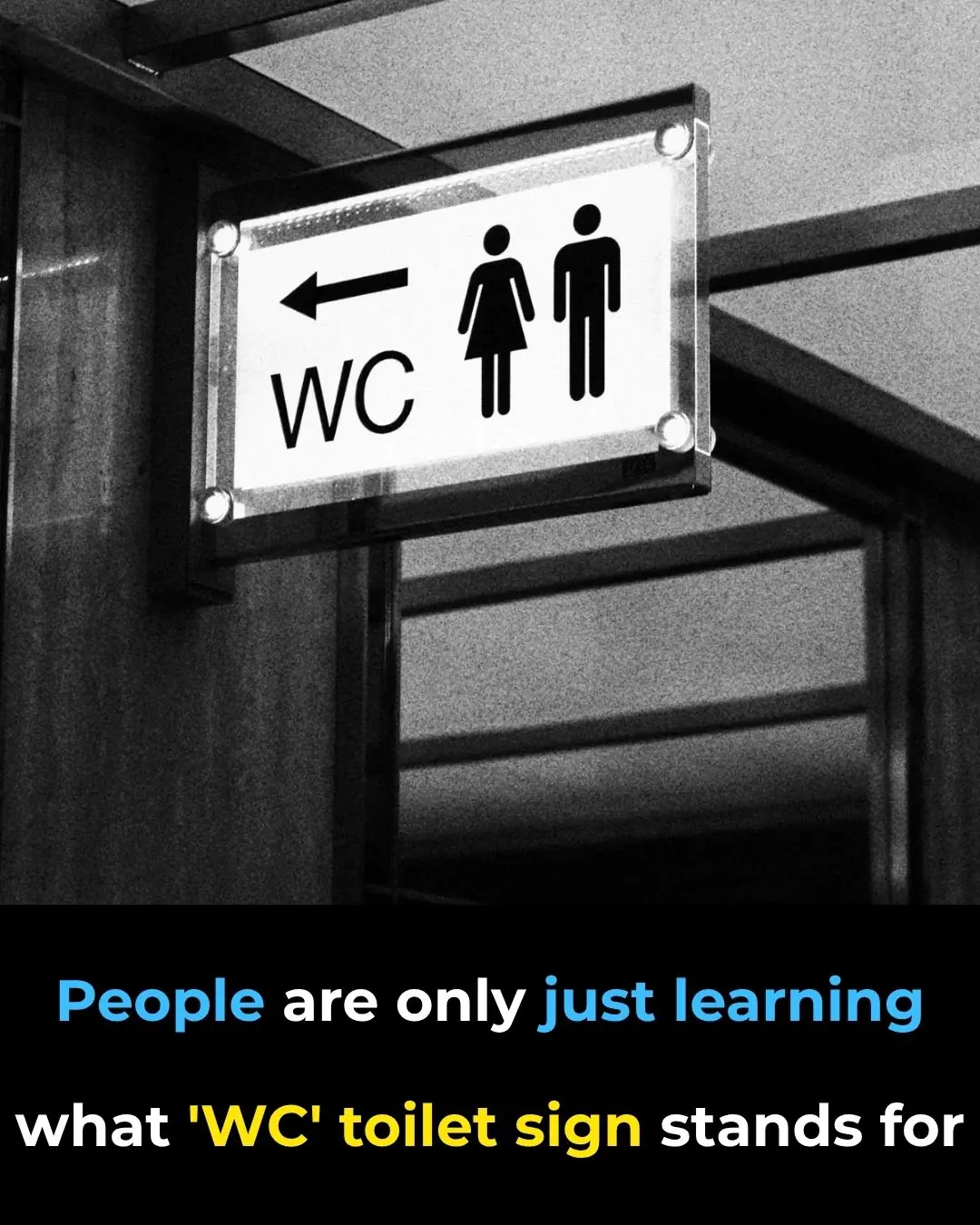
The Meaning Behind the WC Toilet Sign
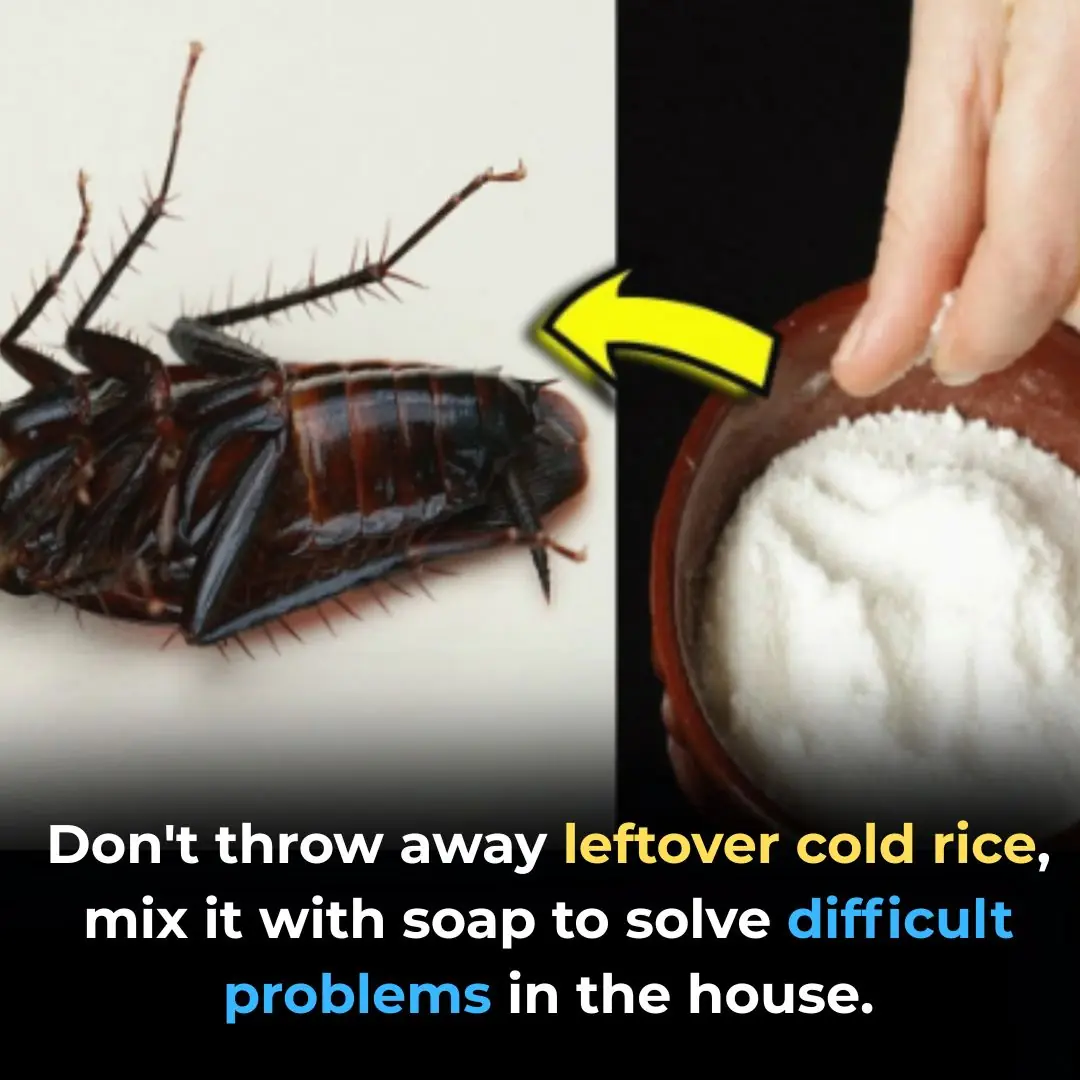
Don't throw away leftover cold rice, mix it with soap to solve difficult problems in the house.

Be Very Careful: If You Notice This Growth on Your Skin, It Could Be Something Serious
